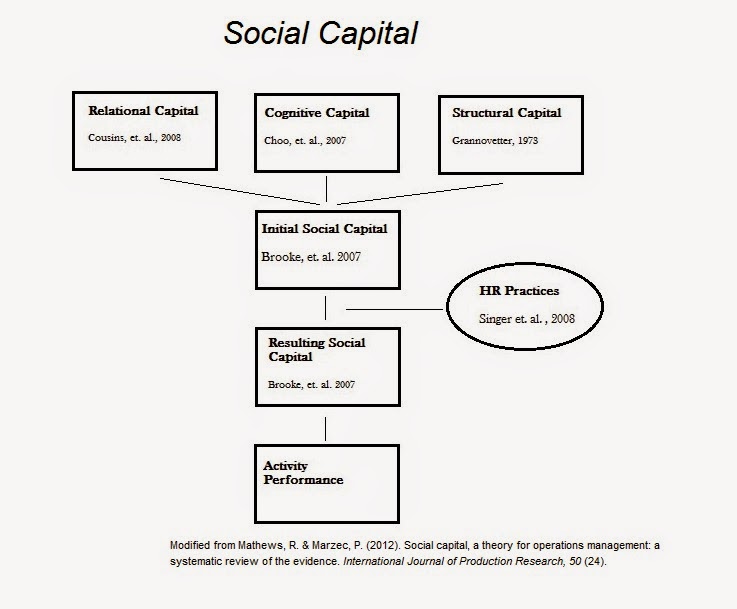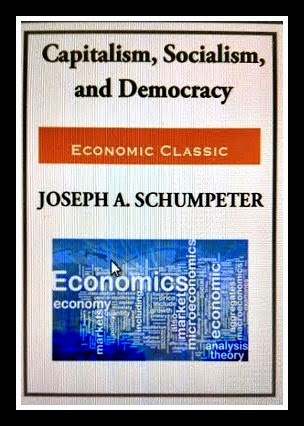There is value in our social networks beyond that
which serves our immediate needs. Social capital is the ability to use social
networks to accomplish something that cannot be done alone. Business social
networks are commonly used in areas ranging from product development to
supply-chain management. On a wider scale, social capital can be matched with
open innovation through appropriate Internet and physical channel expansions to
develop something new for economic development.
We must only think of how each person enters an
economic system through their own particular way of viewing the world. They are
defined by their background, education, skill set, cultures, experiences and
social networks to view topics from a particular vantage point. Problems are
defined based upon how they understand them through historically perceived practical
solutions.
As these elements begin to act and interact with
each other they create new definitions on how to see problems and potential
solutions. The longer they interact solving a significant problem the more
likely they will share mutual definitions and perspectives. It is a process of
social learning and thought construction based in social construction
mechanisms of elemental interaction.
Few relevant solutions come from a single vantage
point. All sustainable solutions are socially negotiated to develop new
premises and conclusions. It is the changing of perspective, a focus on the
solution, and the enactment of a plan that changes the reality of network
members. Philosophical reality can be defined as a perspective of communicated why and why nots that enhance shared explanations.
With open-mindedness and active listening people
begin to adjust their perspective and understand the factors in new and unique
ways. This adjustment often leads to new solutions for complex problems and
greater heights of awareness for involved members. It becomes something bigger
than themselves that leads to enlightenment about the nature of life and best
paths forward for a people, organization, city or nation.
Mathews and Marzec (2012) studied social capital
from varying industry perspectives and developed a model that fits well with
operational management. One can see the similarities on how it applies to wider
platforms and networks that improve upon social innovation and economic
development. Using relational, cognitive, and structural capital it is possible
to enhance HR practices to turn initial social capital into resulting social
capital that produces meaningful solutions for a wide group of stakeholders.
Brookes, N. et al., (2007)
Analyzing social capital to improve product development team performance:
action-research investigations in the aerospace industry with TRW and GKN. IEEE Transactions on Engineering Management,
54 (4), 814–830.
Choo, A. et. al. (2007) Method
and context perspectives on learning and knowledge creation
in quality management. Journal of Operations Management, 25 (4), 918–931.
Cousins, P.D., et al., (2006).
Creating supply chain relational capital: the impact of formal and informal
socialization processes. Journal of
Operations Management, 24 (6), 851–863.
Granovetter, M. (1973). The
strength of weak ties. American Journal
of Sociology, 78 (6), 1360–1380.
Mathews, R. & Marzec, P. (2012). Social capital,
a theory for operations management: a systematic review of the evidence. International Journal of Production
Research, 50 (24).
Singer, M. et. al. (2008). A
static model of cooperation for group-based incentive plans.
International
Journal of Production Economics, 115 (2), 492–501.

